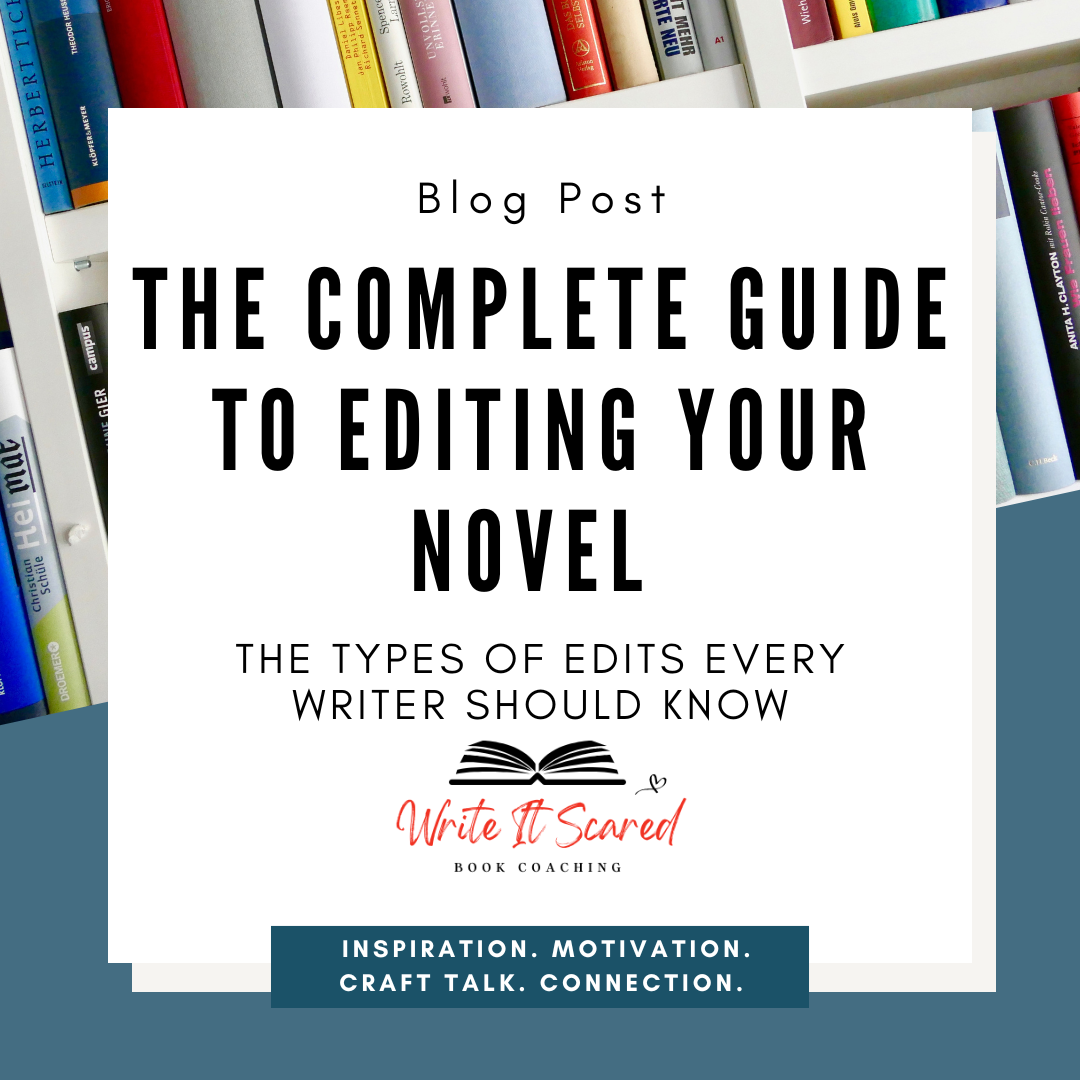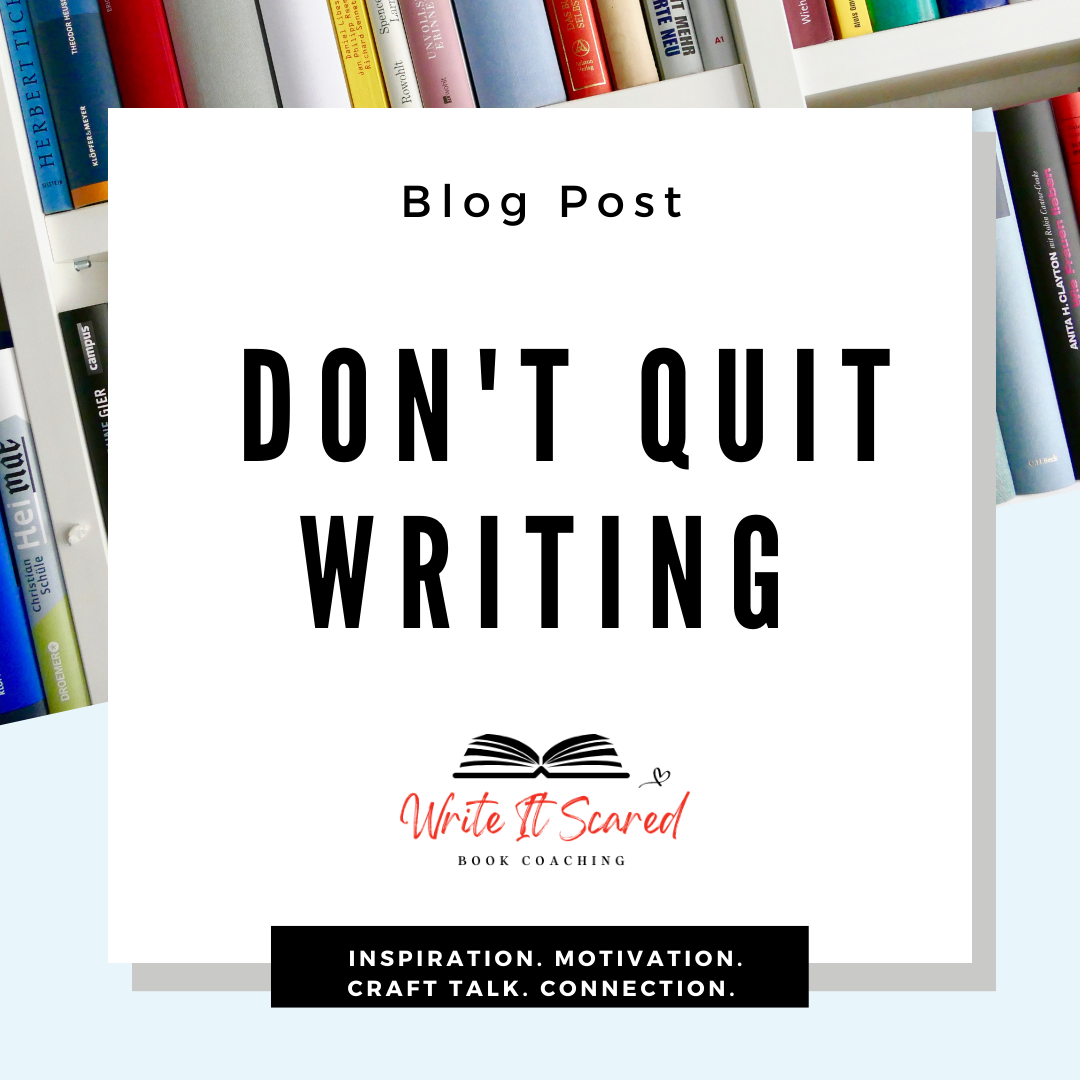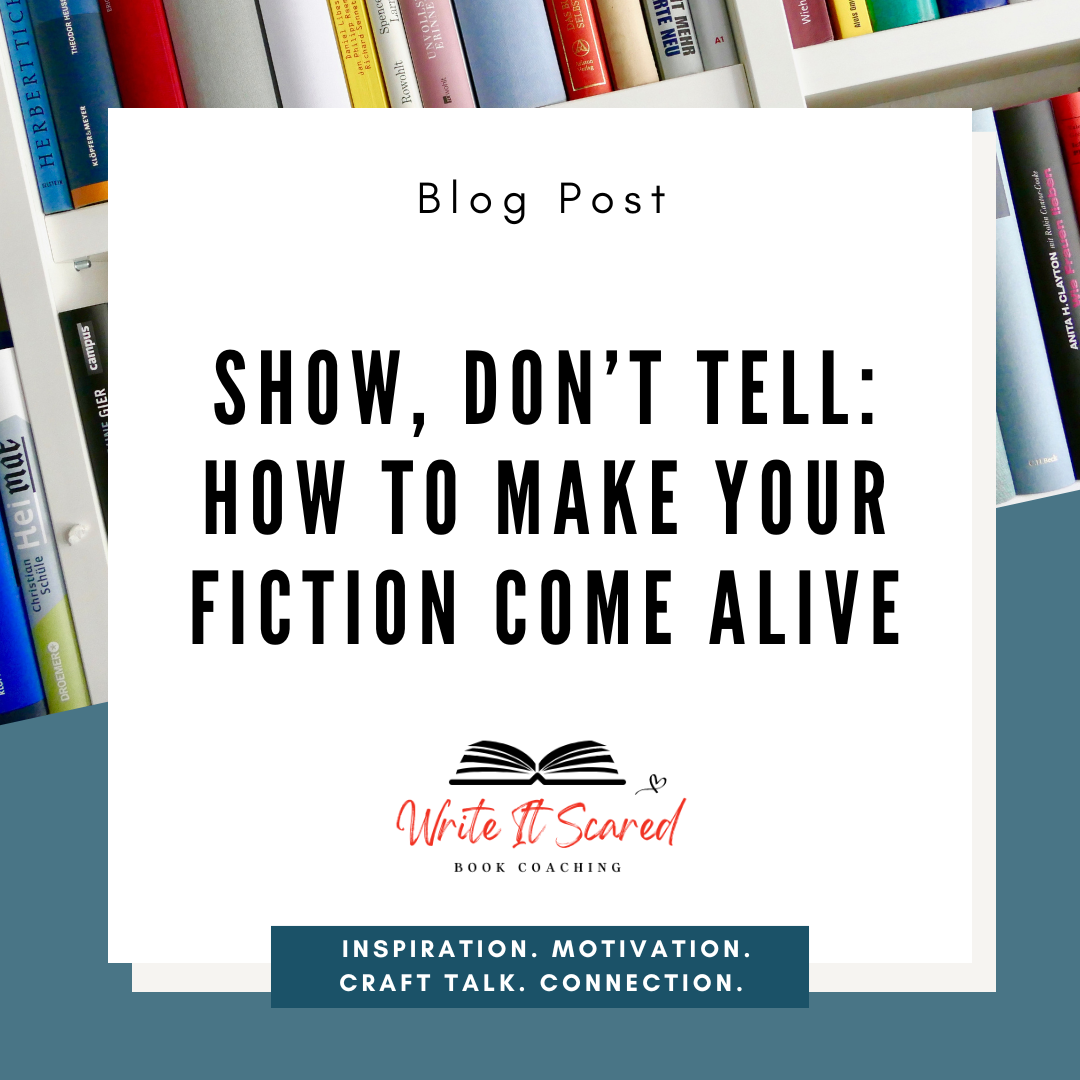
The Complete Guide to Editing Your Novel: The Types of Edits Every Writer Should Know
When I started writing, I knew nothing about the different editing types or what I may need in the future. I researched and researched and still felt confused.
Do I need structural edit, or substantive edit, or a manuscript assessment? Or wait, maybe I need a manuscript appraisal? Or is that all a developmental edit?
What's the difference between a copy edit and a line edit? Do they come together?
What do you mean I need a proofreader? Isn't that what beta's do?
The reason it's confusing is that some edits have more than one name, and you don't need all of them.

How to Choose the Right Point of View For Your Novel
One of the most powerful tools in a writer’s storytelling arsenal is point of view (POV). It shapes how your readers experience your story, how much they know at any given moment, and how emotionally connected they feel to your characters.

The Power of Rest: Why Writers Need a Break Before Revising Their Novels
Resting is a necessary part of revising novels. Here’s why and what you need to know to make the most of your revision process.

One Big Mistake to Avoid When Writing Your Novel: Why “Write Fast” Isn’t Always the Best Advice
How the “write hard, write fast” advice resulted in me deleting over half of my first novel.
I believe there is a place for hard, fast writing, not looking back, and maintaining forward momentum, and that place is after you have created a plan.

Don't Quit Writing: How to Love the Process When Results Feel Uncertain
I had a conversation with a writer the other day who was trying her hand at a new genre, and she was nervous she couldn’t pull it off. That worry had stopped her for a good six months. Her concern: What if it’s all for nothing? Sometimes that’s my worry too.
It got me thinking that maybe we’re asking the wrong question with the wrong mindset.

How to Write a Killer Opening Scene in a Fiction Novel
Opening scenes are critical, especially the first three pages. They can make or break your fiction novel. It's often where the reader chooses to keep going or put the book down. Permanently.
So what are the most critical pieces of a story to include in your opening pages?

Show, Don’t Tell: How to Make Your Fiction Come Alive
“Show don't tell,” is probably the most common and most frustrating piece of feedback a new writer receives. When I started writing fiction, I scratched my head at this statement. What the hell did that mean?
That's today's aim friends: to dig deep into the meaning of show vs. tell.
What is it about reading a good book that makes us love it? It is the story? The characters? The writing?

Why Your Fiction Novel May or May Not Need a Prologue
Many writers I work with wonder if their fiction novel needs a prologue. It’s a good question, and often my answer is no. They need to weave that information into the main story's narrative, but there are some exceptions.
But first, what is a prologue?

How to Write Effective Subplots in Your Fiction Novel
Subplots In a fiction novel are necessary to make a story layered and engaging. This blog post, written by Author Accelerator certified book coach Stacy Frazer, will help you write compelling subplots for your book that don’t steal the show.

It’s never too late to write your book.
I had a conversation a while back with a writer friend who said they felt like it might be too late in their life to pursue writing a book. They should have started back in their 20s. I used to feel that way too.

Welcome to Write It Scared
Welcome to Write It Scared Book Coaching. Introductions are in order. I'm Stacy Frazer: a formerly repressed creative soul turned novelist, certified book coach, and the creator of Write It Scared. I wanted to kick off the blog by sharing a bit about my story and my why.

Why Write It Scared
Why do I write it scared? Because I decided that taking a risk with my words was better than playing it safe.
I love the idea of writing it scared because the phrase completely captures the essence of my lived experience as a writer.

What is a Book Coach and When Should a Writer Invest in One?
It can be challenging to know where to start if you are coming to novel writing later in life and don't have a literary background. A book coach is an excellent resource for new writers learning the ropes.
